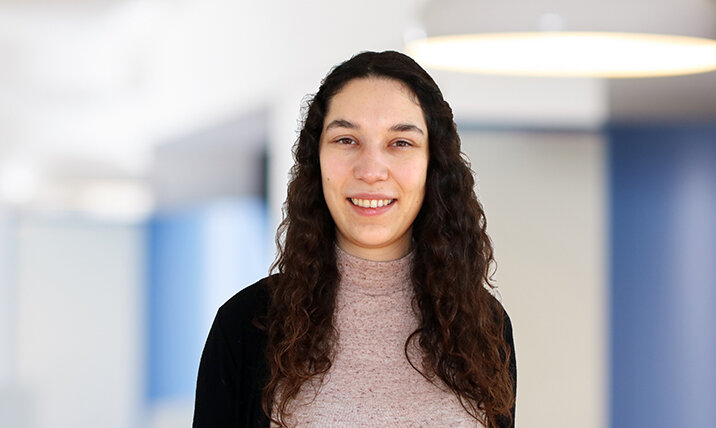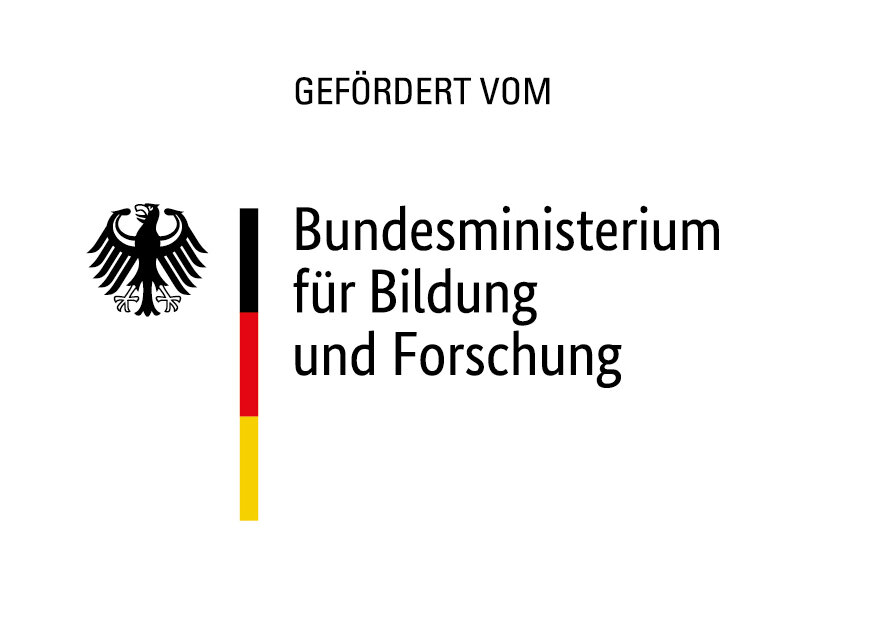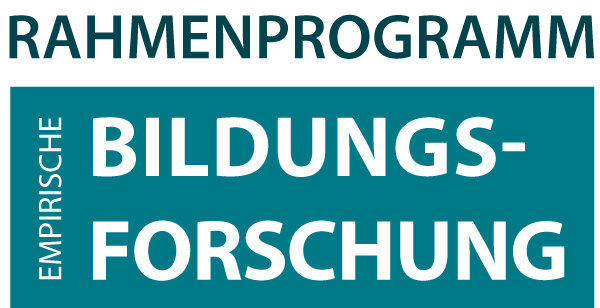DiBiWohn
Digital educational processes for older people in senior-specific residential forms of institutionalised care for the elderly
This interdisciplinary joint project comprises basic and applied research in the fields of empirical educational research, gerontology, and media education. The project is aimed at a group of people who, until now, have been insufficiently reached by educational and digitalization offers, i.e., older people living in senior-specific forms of institutionalized care for the elderly (assisted living and nursing homes).
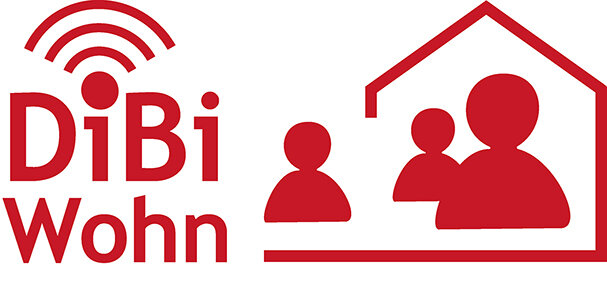
Research foci include, on the one hand, educational theoretical research content related to fundamental questions concerning (digital) educational processes in advancing and old age. This includes an examination of the repercussions and correlates of this on educational, media and technology biographies, on identity work, and on the lifeworld. On the other hand, the project’s focus lies on practical educational research content directed towards the development and design of informal and non-formal digital educational formats in old age.
Using participatory methods and a combination of peer-to-peer concepts and a train-the-trainer approach, digital access (via tablets and the internet) is to be provided to this target group – one which is typically unfamiliar with technology. In addition, educational offers and participation offers in the social space are to be developed. Finally, digital formats for networking and further education (e.g., online platforms) are to be investigated and implemented with a particular focus on digital senior citizens (technology and learning guides).
The research project will initially commence in Baden-Württemberg and Rhineland-Palatinate at structurally strong locations for the practice partners and will primarily target assisted living facilities with integrated care services. The research findings and the educational and action concepts developed through these projects will then lead (after three years) to a transfer concept capable of being scaled both nationwide and of being implemented in other forms of housing run by providers of care for the elderly (especially outpatient and inpatient care). This application will hopefully include other educational providers (e.g., adult education centers and universities for the elderly).
The joint project, DiBiWohn, will run for five years (09/2020 - 08/2025) and is funded by the BMBF (link to the research focus on digitalization in education of the BMBF framework program on empirical educational research).
The Institute of Gerontology at the University of Heidelberg (from 01.09.2021, this will be the IAF at the Catholic University of Applied Sciences Freiburg) is network leader with other partners including the Centre for General Scientific Continuing Education (ZAWiW) at the University of Ulm, the Media Competence Forum Southwest Foundation (MKFS) Ludwigshafen, and the Evangelische Heimstiftung GmbH Stuttgart.
Two research areas are located at the IAF:
1. Educational biography and social space research (FKZ: 01JD1908A-C). Basic questions of educational theory such as the recording of (digital) educational and appropriation processes are examined via biographical and problem-centered interviews with residents of senior-specific forms of housing. During the project, the IAF will also examine aspects of social participation and analyze the impact of the subsequently developed educational formats on a socio-spatial level. To this end, the IAF is coordinating the qualitative methods and processes in the project.
Project lead: Prof. Dr. Ines Himmelsbach
2. Media gerontological research (FKZ: 01JD1908A-A) deals with, on the one hand, basic research concerning the digitalization of institutions for the elderly including their residents as well as issues around digital voluntary work in old age (e.g., digital literacy). On the other hand, this field of research also deals with the psychological effects of and the mediatization processes connected with digital education on the lived environment (e.g., social participation, civic participation, obsolescence, self-efficacy, image of old age, and life satisfaction). Such processes are to be investigated on a longitudinal basis. In this project, IAF is responsible for coordinating the quantitative methods and processes (until 31.08.2021 at the IFG University of Heidelberg).
Project lead: Prof. Dr. Michael Doh & David Leopold
Consortium lead: Prof. Dr. Michael Doh
Project lead (KH Freiburg)
- Prof.in Dr. phil. Ines Himmelsbach – ines.himmelsbach@kh-freiburg.de
- Prof. Dr. Michael Doh – michael.doh@kh-freiburg.de
Research associate
- Tjard de Vries – tjard.devries@kh-freiburg.de
- Christina Klank – christina.klank@klanks.de
- Linda Göbl - linda.goebl@kh-freiburg.de
Project partner (external)
- The Institute of Gerontology at the University of Heidelberg – Prof. Dr. Michael Doh (KH Freiburg) & David Leopold (michael.doh@kh-freiburg.de)
- Centre for General Scientific Continuing Education (ZAWiW) at the University of Ulm - Dr. Markus Marquard (markus.marquard@uni-ulm.de)
- The Media Competence Forum Southwest Foundation (MKFS), Ludwigshafen - Thomas Schmid (schmid@medienanstalt-rlp.de)
- The Evangelische Heimstiftung GmbH Stuttgart - Dr.in Judith Schoch (judith.schoch@ev-heimstiftung.de)
Project duration
2020 – 2025
Any questions? Don't hesitate to contact us!
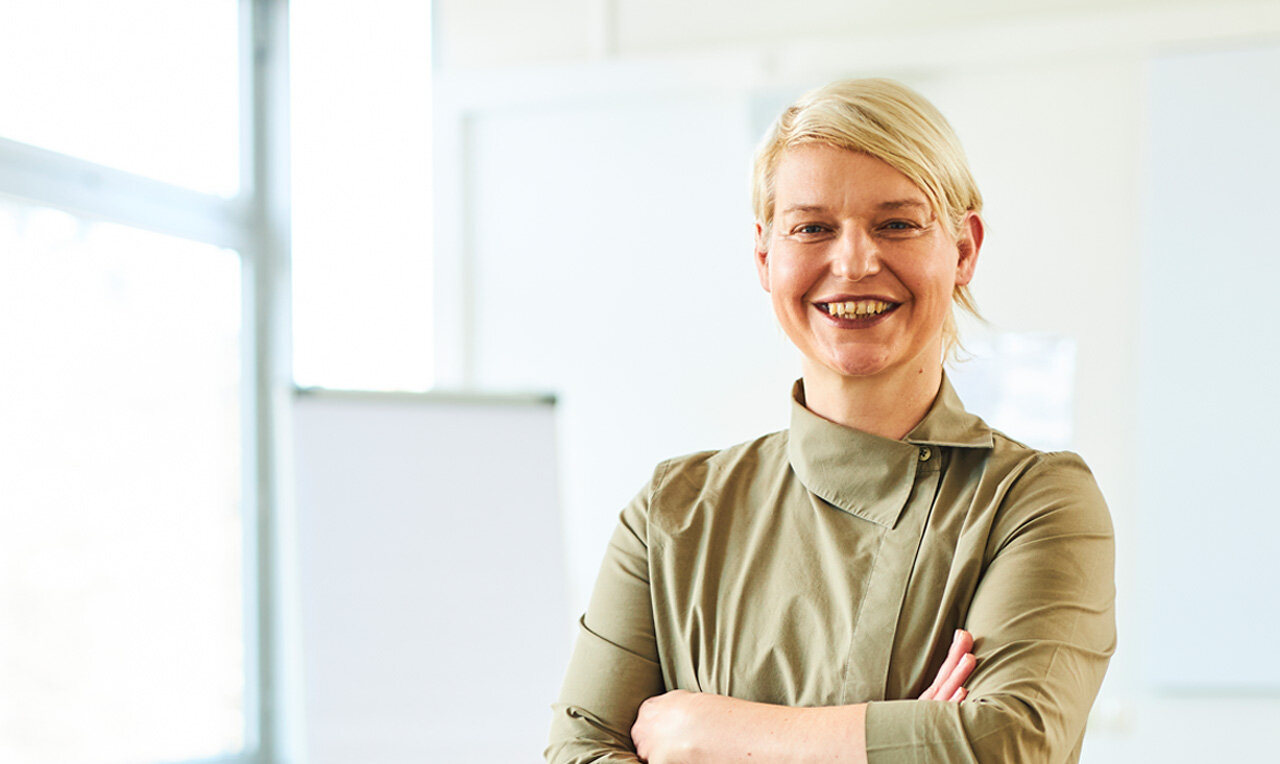
Prof. Dr. phil. Ines Himmelsbach
More informations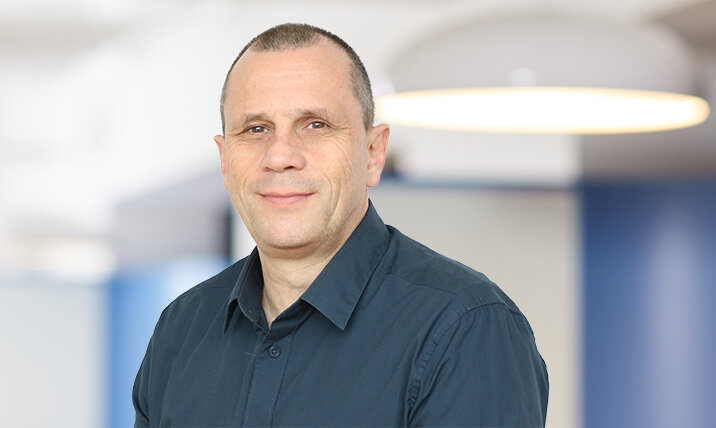
Prof. Dr. Michael Doh
More informations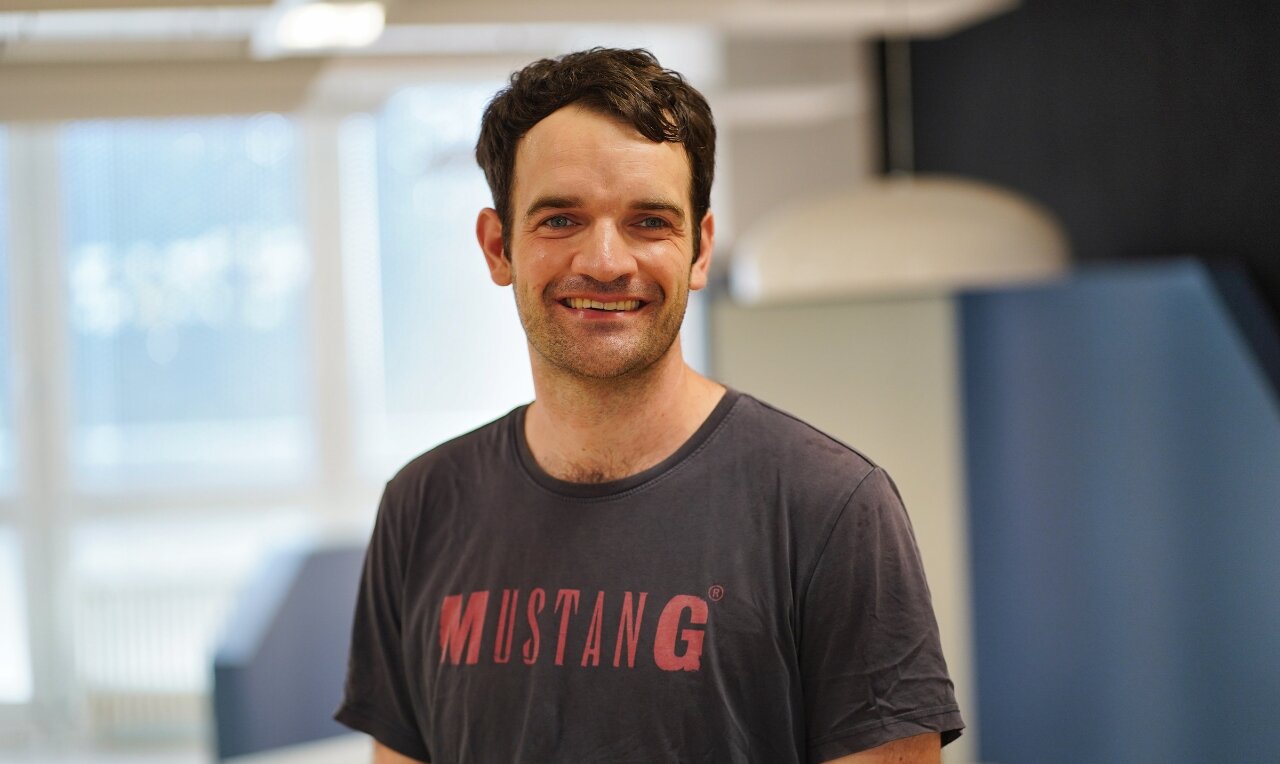
Tjard de Vries
More informations